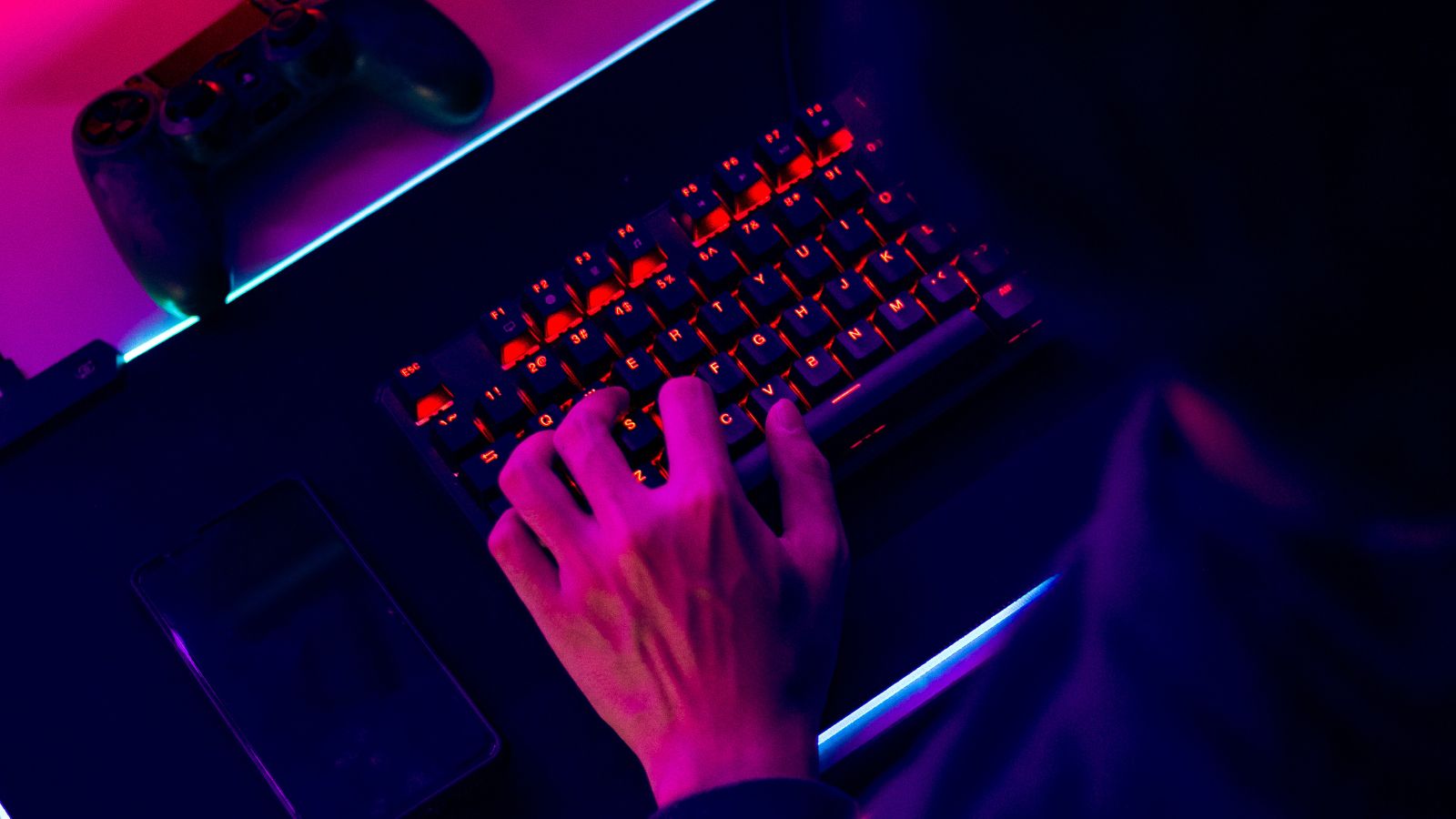
Online casinos have grown into one of the fastest-paced corners of entertainment. While the draw of jackpots and bonus rounds is obvious, players often overlook what happens behind the scenes: the proactive protection of their personal data. From the moment you register an account to the time you withdraw your winnings, sensitive details are collected, stored, and monitored. The real game being played is not just about cards or slots; it’s about how well these companies can keep your information safe.
The most immediate line of defence is encryption. Reputable casinos rely on SSL and TLS technologies to scramble your data during transfers, turning financial details and login credentials into unreadable strings of code. Even if a hacker managed to intercept the information, it would be useless without the decryption key. Alongside this, secure payment gateways that comply with international standards like PCI DSS add an additional layer of security, making sure deposits and withdrawals are carried out with bank-level protection.
But data protection doesn’t stop at encryption. Firewalls and intrusion detection systems run in the background, acting like a digital security team that blocks suspicious traffic and flags unusual activity. On top of that, most operators schedule regular audits by independent cybersecurity firms to ensure their defences remain current. This combination of technology and transparency builds trust, especially in an industry that can’t afford to lose it.
Of course, information gathered goes far beyond just credit card numbers. Online casinos track player activity, betting habits, and even patterns that could signal risky behaviour.

This isn’t just for marketing. It helps platforms identify potential fraud and, just as importantly, promote responsible gambling. Every top online casino will always design its monitoring systems to strike a balance between protecting players and complying with strict regulations. For players, that means your time and money are guarded while also keeping the experience fair.
Still, privacy concerns remain a sticking point. The amount of data collected, ranging from financial history to time spent online, can feel invasive. That’s why many platforms now use data masking and tokenisation. These processes replace personal identifiers with random strings or tokens, so even when data sets are analysed, your identity isn’t exposed. It’s a method that allows companies to track behaviours without compromising individual privacy, respecting your personal space.
Beyond technology, people play a big role in keeping data secure. Many breaches in the past have happened because of human error. To counter this, casinos train their staff to recognise phishing attempts, follow strict security protocols, and handle sensitive information responsibly. It’s not glamorous, but it’s one of the most effective protections against data leaks.
Looking ahead, innovation is driving the industry forward. AI-powered systems now scan in real time for unusual betting patterns, while biometric authentication, such as facial recognition or fingerprints, is being tested as a replacement for passwords. Blockchain also shows promise, offering transparent transaction records that are nearly impossible to tamper with. These advancements may soon make the digital casino floor even safer than its real-world counterpart.
In the end, the security of your data comes down to two sides: the measures taken by operators and the choices made by players. Online casinos are investing heavily in stronger security, but it’s equally important for players to enable features like two-factor authentication, choose trusted platforms, and understand how their data is being used. When both sides work together, the risks shrink, and the thrill of the game can stay where it belongs, on the screen, not in your personal records. This empowerment gives you control over your data security.







